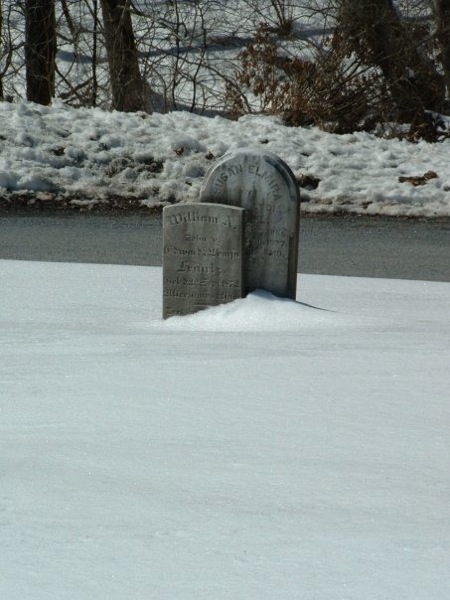|

 |
|
Hallo
again to all.
 As the years pass, we understand perfectly that we get older. But it's harder to understand that our friends get older too. And as our friends get older, it is ever more likely that some of them will pass on. The burden of our loved ones suffering more sickness, more frailties, more deaths, ever increases. Our elders know this, because they have lived it, and we live it as we become those elders. As the years pass, we understand perfectly that we get older. But it's harder to understand that our friends get older too. And as our friends get older, it is ever more likely that some of them will pass on. The burden of our loved ones suffering more sickness, more frailties, more deaths, ever increases. Our elders know this, because they have lived it, and we live it as we become those elders.
With each passing year, we all deal with serious illness and death among our family, friends, colleagues, and neighbors. It seems like such a short time between seeing a handsome and healthy neighbour working in his garden to seeing him being pushed past its neglected ruins in a wheelchair by his hospice nurse, his thinning grey hair flopping across his wizened face.
Meanwhile, the society in which we live and die is becoming more secular. Centuries ago, saying goodbye to the dead, burying them, and mourning them was part of the religious life of the community. Where there was land for it, every church had a churchyard. Dealing with death, burial, and honoured remembrance was part of our faith and thus part of our culture. The secularisation of our culture isn't just causing a parting with worship and belief, it is causing a parting with vital cultural understanding: how to bury our dead.
Recently, at a gathering to mourn the death of someone near and dear to us, we overheard a family member say 'Maybe we could have a non-religious ceremony, but have it in a church. Surely we can find a church that will let us do this?' Probably they can, but it makes us so sad to think about it.
In English, which is the language of Anglicans Online, most of the language and poetry and ritual that unchurched people borrow to improvise a 'non-religious ceremony' is taken from our own Book of Common Prayer.* Worldwide, there are so many other choices from which to improvise non-religious ceremonies of passage that we are intrigued that so many of them start with a core of phrases from the BCP.
The need to send off our dead properly is universal. The goal seems always to be making the living feel that they have been properly respectful of the dead. Like it or not, the Anglican liturgies surrounding dying, death, and burial do accomplish that. At the end of an Anglican funeral service, the congregation leaves with a strong sense that the community has done the right thing, the old thing, the traditional thing. We've heard of weddings performed underwater, in airplanes, or while skydiving. We've never heard even the slightest mention of an offbeat funeral in a creative location. It's not the right thing.
Even music. Music is so personal that not everyone appreciates the same songs, but we've never seen anyone write a new hymn for a funeral. We want the old songs, the old words, the old ways. Though, come to think of it, we once attended a funeral service in which the casket was solemnly rolled down the center aisle of the church to the sound of the Grateful Dead's rendition of 'I know you Rider going to miss me when I'm gone', and it actually worked liturgically. Were we all old enough that it was an old song?
Even among the unchurched, this culturally-embedded emotion is strong. The person to whom the above-quoted comment was made about holding a non-religious ceremony in a church responded that 'The religious ceremonies really aren't that bad except for all that resurrection stuff.' Most of those who can't believe in God are quite ready to believe in God's grace and salvation. They just can't bring themselves to give Him proper credit, and fear that religion is for suckers. 'I'll endure a religious funeral service because I know that it will feel that we've really said goodbye to him.'
Maybe one of those brash Anglican billboards that make the news from time to time should say 'Anglicans: helping millions bury and mourn their dead for centuries, worldwide'. It wouldn't be wrong. And we know that God will tend to our loved ones even if those loved ones could never bring themselves to tend to God. Funerals are for the living; God sees to the needs of the dead.
See you next week.

|

